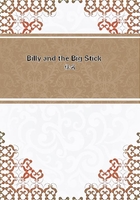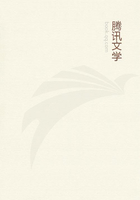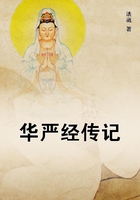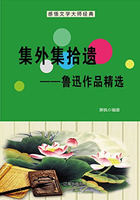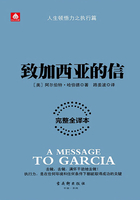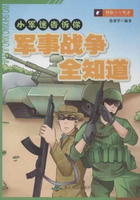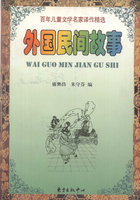This Abolitionist fervour was considerably augmented by certain political aspirations which did not appear in the newspapers, but which were at that time very generally entertained. In spite of the Press-censure a large section of the educated classes had become acquainted with the political literature of France and Germany, and had imbibed therefrom an unbounded admiration for Constitutional government. A Constitution, it was thought, would necessarily remove all political evils and create something like a political Millennium. And it was not to be a Constitution of the ordinary sort--the fruit of compromise between hostile political parties--but an institution designed calmly according to the latest results of political science, and so constructed that all classes would voluntarily contribute to the general welfare. The necessary prelude to this happy era of political liberty was, of course, the abolition of serfage. When the nobles had given up their power over their serfs they would receive a Constitution as an indemnification and reward.
There were, however, many nobles of the old school who remained impervious to all these new feelings and ideas. On them the raising of the Emancipation question had a very different effect.
They had no source of revenue but their estates, and they could not conceive the possibility of working their estates without serf labour. If the peasant was indolent and careless even under strict supervision, what would he become when no longer under the authority of a master? If the profits from farming were already small, what would they be when no one would work without wages?
And this was not the worst, for it was quite evident from the circular that the land question was to be raised, and that a considerable portion of each estate would be transferred, at least for a time, to the emancipated peasants.
To the proprietors who looked at the question in this way the prospect of Emancipation was certainly not at all agreeable, but we must not imagine that they felt as English land-owners would feel if threatened by a similar danger. In England a hereditary estate has for the family a value far beyond what it would bring in the market. It is regarded as one and indivisible, and any dismemberment of it would be looked upon as a grave family misfortune. In Russia, on the contrary, estates have nothing of this semi-sacred character, and may be at any time dismembered without outraging family feeling or traditional associations.
Indeed, it is not uncommon that when a proprietor dies, leaving only one estate and several children, the property is broken up into fractions and divided among the heirs. Even the prospect of pecuniary sacrifice did not alarm the Russians so much as it would alarm Englishmen. Men who keep no accounts and take little thought for the morrow are much less averse to making pecuniary sacrifices--
whether for a wise or a foolish purpose--than those who carefully arrange their mode of life according to their income.
Still, after due allowance has been made for these peculiarities, it must be admitted that the feeling of dissatisfaction and alarm was very widespread. Even Russians do not like the prospect of losing a part of their land and income. No protest, however, was entered, and no opposition was made. Those who were hostile to the measure were ashamed to show themselves selfish and unpatriotic.
At the same time they knew very well that the Emperor, if he wished, could effect the Emancipation in spite of them, and that resistance on their part would draw down upon them the Imperial displeasure, without affording any compensating advantage. They knew, too, that there was a danger from below, so that any useless show of opposition would be like playing with matches in a powder-
magazine. The serfs would soon hear that the Tsar desired to set them free, and they might, if they suspected that the proprietors were trying to frustrate the Tsar's benevolent intentions, use violent measures to get rid of the opposition. The idea of agrarian massacres had already taken possession of many timid minds. Besides this, all classes of the proprietors felt that if the work was to be done, it should be done by the Noblesse and not by the bureaucracy. If it were effected by the nobles the interests of the land-owners would be duly considered, but if it were effected by the Administration without their concurrence and co-operation their interests would be neglected, and there would inevitably be an enormous amount of jobbery and corruption. In accordance with this view, the Noblesse corporations of the various provinces successively requested permission to form committees for the consideration of the question, and during the year 1858 a committee was opened in almost every province in which serfage existed.
In this way the question was apparently handed over for solution to the nobles, but in reality the Noblesse was called upon merely to advise, and not to legislate. The Government had not only laid down the fundamental principles of the scheme; it continually supervised the work of construction, and it reserved to itself the right of modifying or rejecting the projects proposed by the committees.

